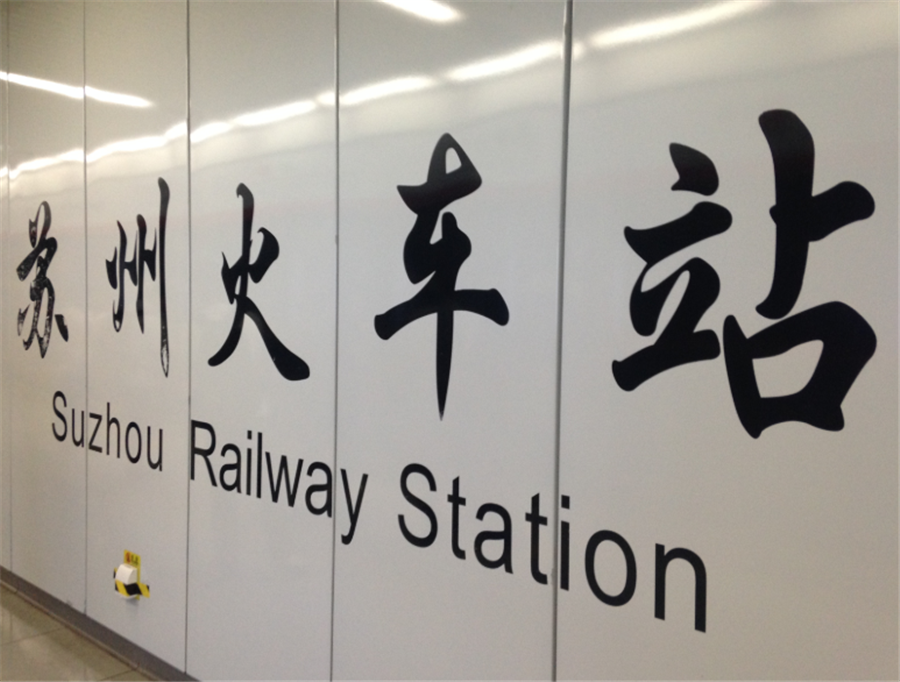
BEIJING, Sept 19 (Reuters) – A push to expand subway networks in some of China’s biggest cities along with a drive to boost broader infrastructure investment in the world’s No.2 economy are helping brighten the outlook for the nation’s mammoth steel sector.
The approval of the infrastructure spending will surely boost expectations of more steel demand and lead to a price rally in steel
The cities of Suzhou in eastern Jiangsu province and Changchun in northeastern Jilin province, as well as Shenzhen in the south, last month announced plans to spend the equivalent of billions of dollars boosting their underground systems by a total of around 1,600 kilometres (1,000 miles), gobbling up steel as they expand.
While on Tuesday, the top state planner said it would ramp up investment in infrastructure and accelerate spending on projects that have already been approved, as the nation tries to spur economic growth amid a festering trade war with Washington.
The steps, which mark a return to Beijing’s traditional playbook for boosting the economy, are good news for steelmakers in the world’s top producer of the material, who have been grappling with a slowing construction sector and weakening auto sales.
“The approval of the infrastructure spending will surely boost expectations of more steel demand and lead to a price rally in steel,” said Richard Lu, steel analyst at CRU in Beijing.
The three cities’ subway plans will require about 80 million tonnes of the commodity, 10 percent of China’s annual demand, according to Reuters calculations based on industry standards for subway design, although that will be spread over a few years.
In addition to high-strength steel track, the expansions will also need multiple stations, extensive underground building work using reinforced steel and rail cars made from alloy steel sheet rather than aluminium used in long-distance trains.
Magang Group, which makes steel that it then uses to produce train wheels, and Ansteel Group, which churns out steel that it uses to make railway tracks, are among the companies likely to benefit from the policy. They did not respond to requests for comment.
Shares in infrastructure companies rallied on Tuesday after the state planner’s pledge to rev up spending.
The scale of the push to develop infrastructure is unlikely to match the tremendous outlay seen a decade ago when Beijing rushed to protect the economy from the global financial crisis.
The government will want to avoid provincial governments piling on debt to finance projects or adding more excess industrial capacity.
“The approvals (of infrastructure) are partly aimed at hedging the risk of global trade and ensuring stable growth of the Chinese economy,” said CRU’s Lu.
“The government has already realised the risk behind the property market, so infrastructure could be a better measure to stimulate the economy.”
The steps will add further upward momentum to steel prices, even as mills produce record amounts of metal.
The most-active futures for rebar steel used in construction are up over 20 percent this year as the government curbs outdated excess capacity and heavy industry as part of its war on smog.
“With demand being maintained, steel prices are expected to strengthen as supply cuts play a bigger role,” said Sharon Xia, principal consultant at Wood Mackenzie.
($1 = 6.8520 Chinese yuan renminbi)
(By Muyu Xu and Josephine Mason; Editing by Joseph Radford)